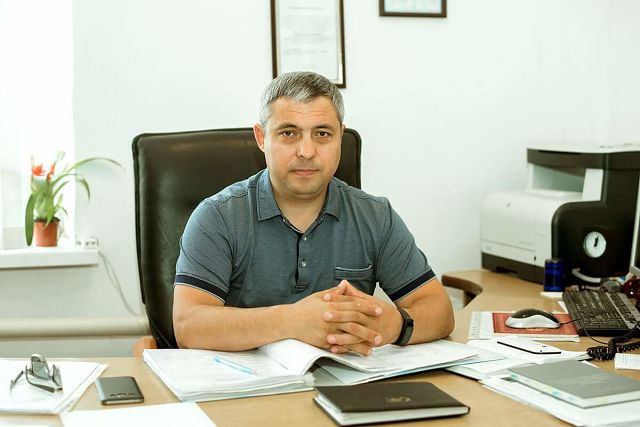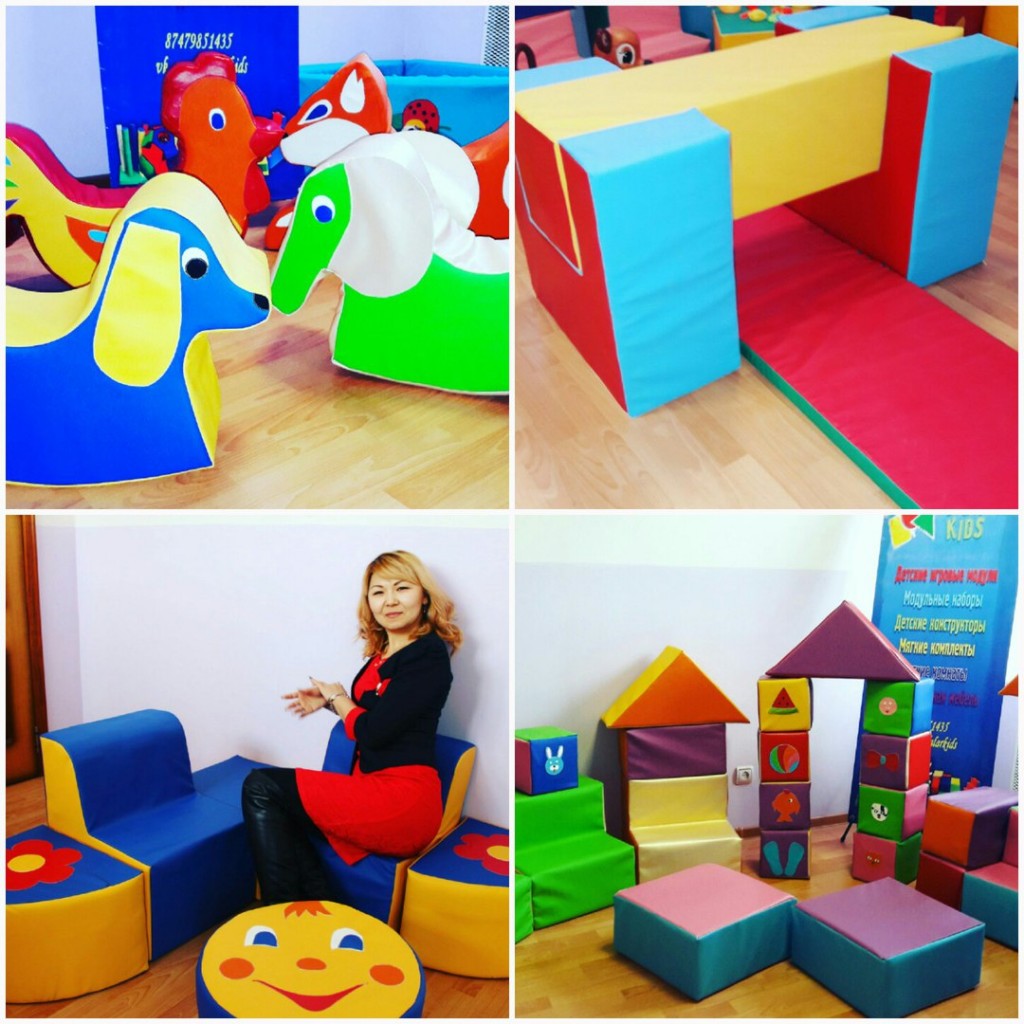ASTANA – The Uralsk-based Shanyrak social enterprise supports orphanage graduates in career guidance, education and employment.
The profitable organisation has trained 92 graduates and provided jobs for 39 of them though its recruitment company, 38 attended the vocational training school, seven became individual entrepreneurs and 13 are involved in careers at the enterprise.
Shanyrak founder Gennady Frank feels there are numerous opportunities for a social entrepreneur. He noted the most important way to be profitable and competitive when running an organisation that helps solve the problems faced by socially-vulnerable groups is to do business the same way as any other company does when striving for true success.
“When becoming a social entrepreneur, you should bear in mind that just as in any other business, you will face problems and challenges and no excuses will be accepted by state regulators, competitors or clients. But you will definitely feel good about yourself, because you are doing good deeds for others,” he said in an interview for this story.
Shanyrak’s mission is to create a platform for orphanage and boarding school graduates to help them realise their potential. Today, the enterprise is engaged in manufacturing, training, recruiting and other services.
“We analysed why orphanage graduates have problems with workplace adaptation and the problem was that they are not aware of labour discipline. They do not follow the dress code and they do not observe subordination,” he said.
A lawyer, Frank registered as an individual entrepreneur and started his first business on the grounds of a foster house in 2010. Formerly known as the Nur Public Association, the West Kazakhstan Union of Orphanage and Boarding School Graduates was established in 2013 and Shanyrak was founded the next year.
“Initially, the head of the house of youth asked me to help young people who wanted to start businesses. We opened a workshop and all conditions for work were created in 2000. Orphanage students had a chance to earn money there. This was like an initiative project. When more people began to come, we asked the local authorities to provide premises that were empty for our activities. There was a need to open a public association with the purpose of employment,” he said.
Shanyrak’s non-profit activities have been transferred to the Nur association, which is in line with the latter’s mission. By doing so, the enterprise reduced its workload and focused on its profitable businesses, making the Shanyrak structure and operations and the association more effective. This proved to be a successful model of collaboration, with the association responsible for fundraising and addressing social needs and the enterprise generating a profit to finance the association’s operations and social programmes.
“We are now working to increase sales. Job creation depends on the sale of products. Our products include equipment for kindergartens and soft sports, furniture and game modules for children,” he said.
The practical training school aims to provide graduates with vocational guidance and includes the entrepreneurial school and specialised production-practical training. Those involved with the former receive assistance in developing a business plan and grants as a starting package; the latter is conducted at the Shanyrak production workshops.
“We provide non-repayable services. We organise trainings for young people and send them to work at the plants or enterprises. Most importantly, they acquire knowledge that allows them to adapt at work. They study labour discipline and legislation. At first, the aim of the public association was to promote entrepreneurial initiatives to graduates of orphanages. Then, we decided to develop employment and work initiatives,” he said.


